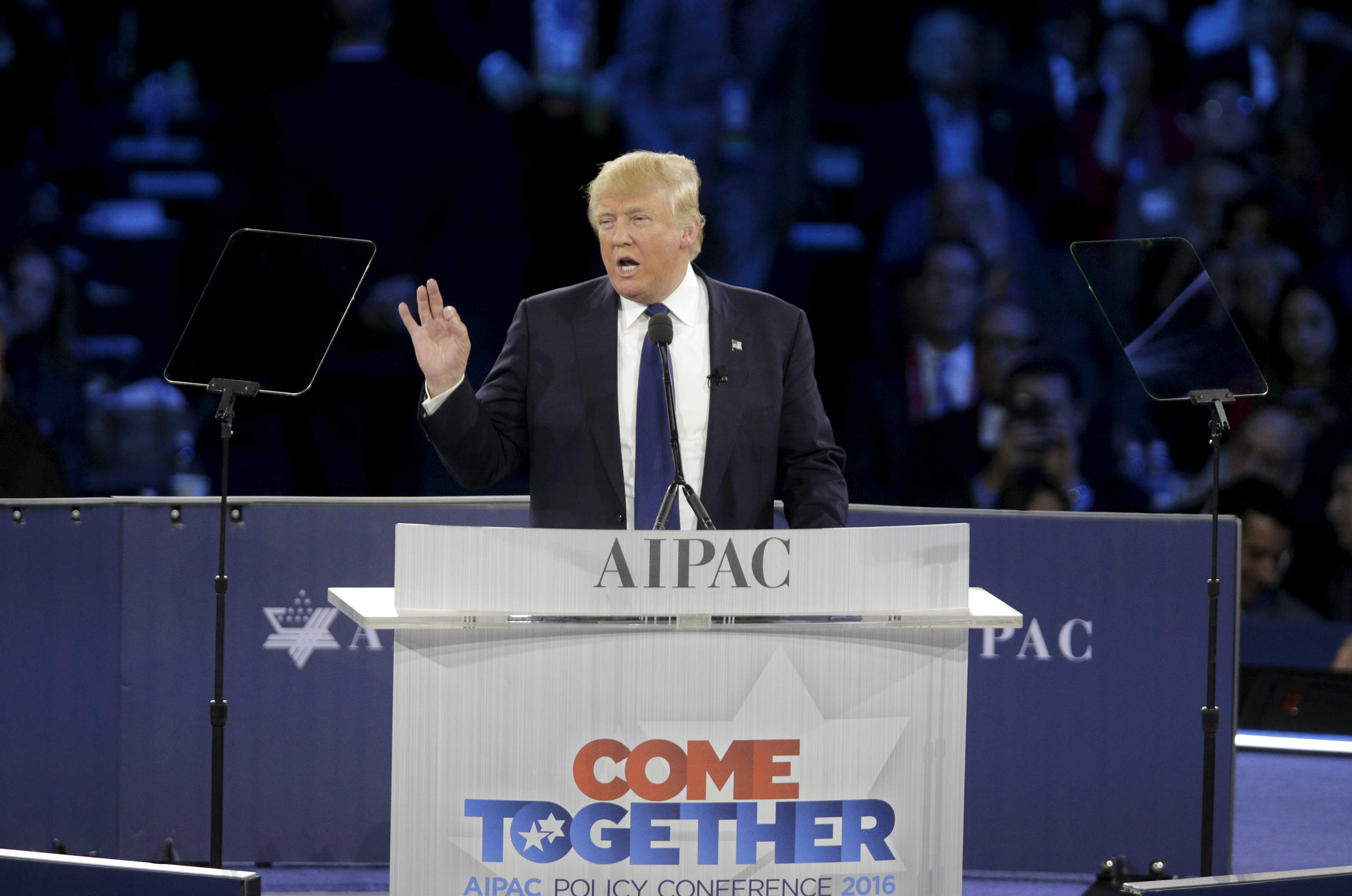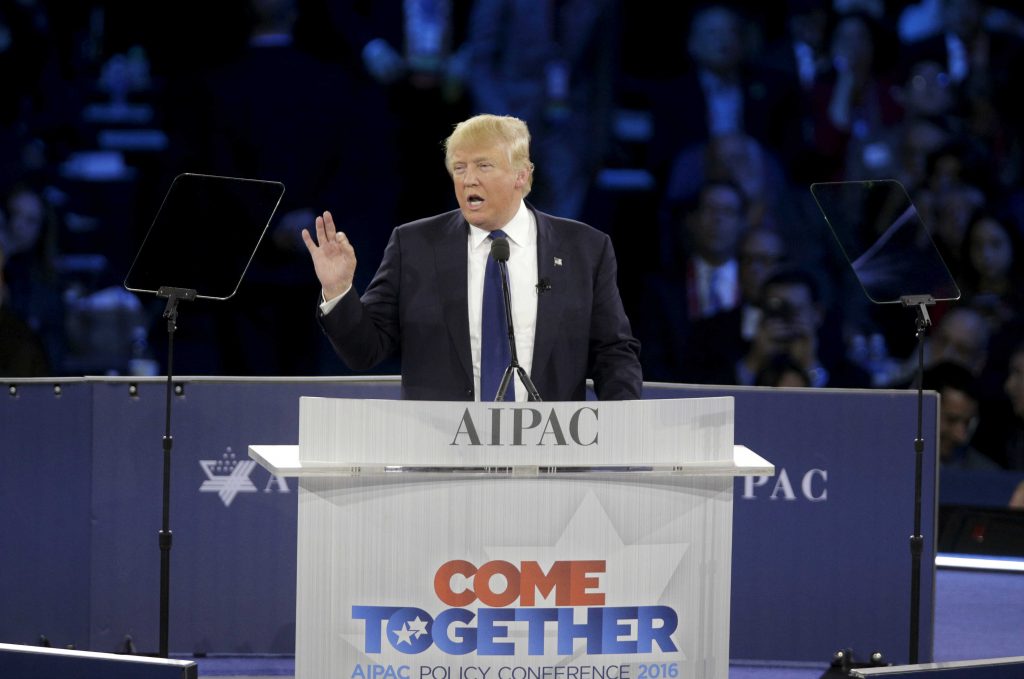 US President Barack Obama’s refusal to militarily defend Ukraine against Russian aggression has sent a chill halfway around the world to Odesa, the Black Sea port only 200 kilometers by warship from Crimea.
US President Barack Obama’s refusal to militarily defend Ukraine against Russian aggression has sent a chill halfway around the world to Odesa, the Black Sea port only 200 kilometers by warship from Crimea.
In the April issue of The Atlantic, Obama says: “The fact is that Ukraine, which is a non-NATO country, is going to be vulnerable to military domination by Russia no matter what we do.”
This statement sounded like dangerous defeatism to many experts gathered here March 24-25 for the Odesa Security Forum, sponsored by Harvard University’s Kennedy School of Government, the Odesa Regional Council, Ukraine Today, NATO Information and Documentation Center, and The Black Sea Trust Fund.
“Essentially, President Obama just took Ukraine and threw it under the Russian bus, along with Moldova and Georgia,” said David J. Kramer, a former official in the George W. Bush administration and currently senior director for human rights and democracy at The McCain Institute.
From Georgia, Gela Bezhuashvili, a former defense and foreign minister, said: “It’s a direct message from Obama: Ukraine is not in my direct interest, seize the momentum.”
Mikhail Saakashvili, Georgia’s former President and current governor of Odesa Region, shared similar concerns.
“If Ukraine fails, Georgia can be wiped off the map,” he warned.
Turkey’s Ambassador to Ukraine, Yönet Can Tezel, said Turkey is committed to increasing security and trade ties with its Black Sea neighbor. Noting reciprocal visits this month by leaders of both nations, he said: “We need a Ukraine able to stand on its own feet, a stable, independent, and democratic Ukraine that follows its own choices.”
These comments were made before The New York Times published a foreign policy interview with Donald Trump, the leading Republican presidential candidate.
“Why is it that countries that are bordering the Ukraine and near the Ukraine—why is it that they’re not more involved?” Trump asked, saying that Washington is stuck doing the heavy lifting to defend Ukraine. Asked in a follow-up question if he agreed with Obama’s contention that history and geography dictate that Russia will have greater influence over Ukraine than the West, Trump responded, “I would agree.”
On March 29, it became public that Trump has hired Republican strategist Paul J. Manafort to lead his delegate-corralling effort at the Republican National Convention. Previously, Manafort worked as a senior adviser to Viktor Yanukovych, the Ukrainian President driven from power by the Revolution of Dignity in 2014.
Another Trump adviser is retired US Army Lieutenant General Michael T. Flynn. An advocate of closer ties with the Kremlin, Flynn stepped down eighteen months ago as director of the Defense Intelligence Agency. Last December, Flynn attended a small dinner in Moscow marking the tenth anniversary of RT, Russia’s multilingual overseas television arm that many experts consider sophisticated propaganda. The keynote speaker was Russian President Vladimir Putin.
In Odesa, the conference was held five kilometers from a government building that was the scene of a major clash on May 2, 2014, between Novorossiya separatists and Ukrainian nationalists. That confrontation left forty-six dead, two hundred injured, and extinguished the separatist movement here—for now.
Since then, Putin’s surprise military moves—the sudden dispatch and then abrupt removal of half of Russia’s fighter jets from Syria—had left many here wary of the Russian leader’s next moves.
Several attendees found the American President’s comments unsettling coming at the start of the lame-duck phase of the presidency. Europe increasingly is distracted by terrorism and is divided by massive immigration from Syria and North Africa.
One Lithuanian participant worried about the vulnerability of the Suwalki Gap, the 103-kilometer Polish-Lithuanian border. This largely flat region constitutes NATO’s only land bridge between Poland and the Baltics. A Russian tank thrust, of the kind seen last year in eastern Ukraine, could link Belarus, Russia’s closest military ally, with Kaliningrad, Russia’s heavily militarized exclave on the Baltic Sea. To complete the isolation of the Baltic nations, Kaliningrad has anti-aircraft missiles that could deny access to a NATO airlift from Poland and Germany.
One conference participant warned that Europe is “militarily anorexic.” Another called for building the kind of Western military deterrence that kept Moscow at bay during the Cold War. To this end, all eyes were on political trends in Washington.
The US Ambassador to Ukraine Geoffrey R. Pyatt spoke forcefully to counter worries about any weakness of resolve in the White House.
“The United States government continues to pay great attention to what is happening here in Ukraine,” he said. “We have done so based on the understanding that what happens here in Ukraine will play a critical role in securing what has been a goal of American foreign policy for a quarter century now—that is, a Europe whole, free, and at peace.”
“Ironically, Russia’s illegal occupation of Crimea, its invasion of Donbas, and its support of Syria’s Assad have actually moved most of the countries in the region further away from Moscow’s reach,” said Pyatt, who has served here since 2013.
He picked up a theme that also dominated the conference: Ukraine’s slow moves on reform are weakening Ukraine in front of Russia.
“Ukraine’s best response to Russian aggression is to continue firmly on its European trajectory, to continue to implement real reforms that fundamentally and irreversibly destroy the corrupt practices of the past,” said Pyatt. The nation’s parliament “must continue to represent the people’s interests and not the parochial interests of individual members or oligarchic clans.”
For the last month, legislative work has been paralyzed as Ukrainian President Petro Poroshenko tries out various names and various coalition formulas to replace Prime Minister Arseniy Yatsenyuk. Forum participants worried that this paralysis will play into the hands of Russia, which waits in the east.
James Brooke is a journalist based in Ukraine.
Image: Republican US presidential candidate Donald Trump addresses the American Israel Public Affairs Committee (AIPAC) afternoon general session in Washington March 21, 2016. REUTERS/Joshua Roberts
